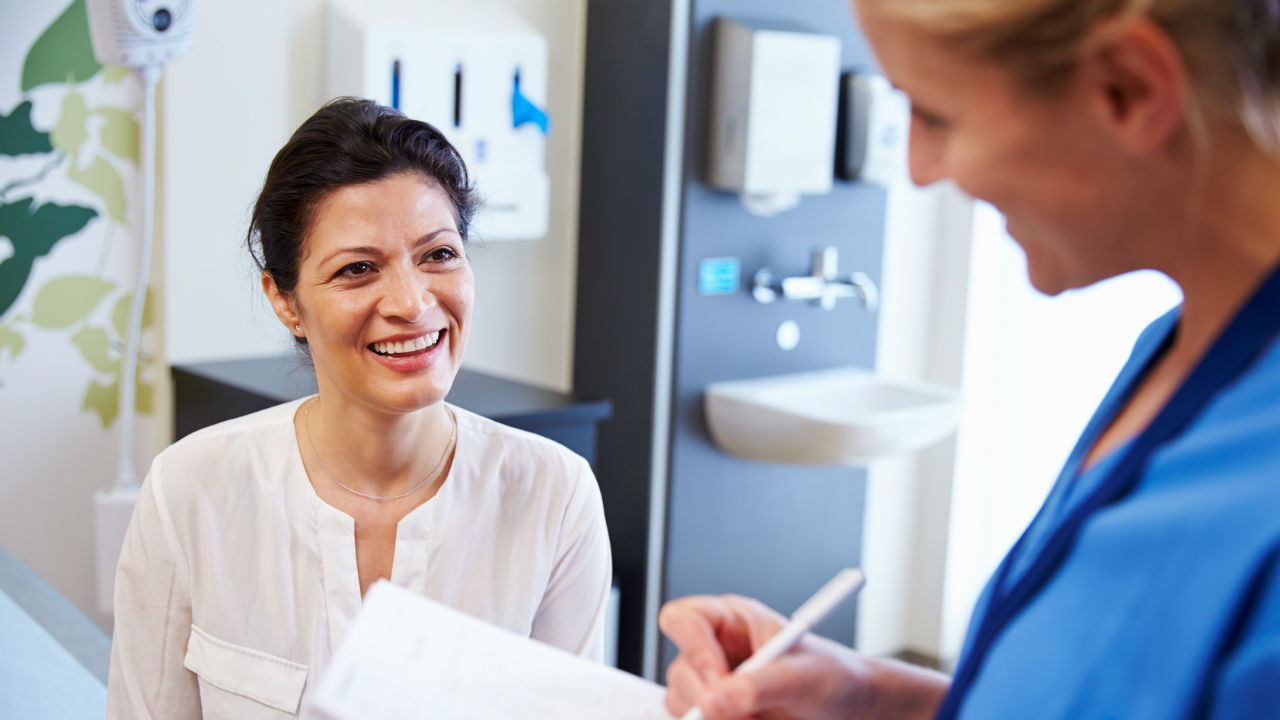I am perimenopausal, am taking testosterone cream; should I be worried about the findings from the study out about women taking hormone replacement therapy which can increase their chances for breast cancer or does this only relate to premarin and prempro medication from Wyeth?
https://www.empowher.com/news/2008/12/12/hrt-users-who-get-breast-cancer-less-likely-die
All user-generated information on this site is the opinion of its author only and is not a substitute for medical advice or treatment for any medical conditions. Members and guests are responsible for their own posts and the potential consequences of those posts detailed in our Terms of Service.






Add a Comment4 Comments
Dear Dr. Philip Sarrel:
Thank you for your detailed response back. It's amazing that Testosterone cream has still not been approved by the FDA. This treatment has truly changed my life for the better. My confidence, and cognitive ability has increased 2 times over. I will make sure I get my hormone blood test every year while using it.
Thanks again for the very helpful information,
Kelley
January 4, 2009 - 1:35pmThis Comment
Wanted to update you Kelley on your question. We heard from our expert, Dr. Philip Sarrel, a Yale Emeritus Professor and one of the leading sexual experts in the country. Here is his response:
"Your question is difficult to answer because there is no conclusive study of the use of testosterone and the risk of breast cancer.
December 19, 2008 - 12:14pmPrior to 2006 it was generally believed that testosterone had protective effects against breast cancer. There had been a series of laboratory studies showing that testosterone inhibited the growth of breast cells, reducing the risk for cancer cells to emerge.
There were also a number of studies in women showing protective effects. For example, an Australian study of over 500 women receiving testosterone and estrogen showed no increased risk of breast cancer compared to a matched group of women not taking any hormone therapy.
In 2006, an American study, the Nurses Health Study, showed an increased risk of breast cancer for women using estrogen plus testosterone but only in the first 4 years of use. In contrast, women using the two hormones for five years or more did not show this increase. Keep in mind that none of these studies are in women who used only testosterone, the treatment you are using.
The use of testosterone-only therapy and the risk of breast cancer is not known. However, as with any hormone, there is always concern when too much of it is taken. One of the risks in using testosterone cream is that you may absorb too much of it. The testosterone cream has not been approved by the FDA and is not “quality controlled”. It does vary from batch to batch. I have tested women using the cream and found a wide range of blood results from normal levels to levels that are too high. For this reason, it’s important to have your blood testosterone levels checked at least once a year. I’m assuming your testosterone was measured before you started treatment and that it showed an inadequate level.
Concern about hormones and breast cancer has become focused on the use of a third kind of hormone called a progestin. Progestins are synthetic hormones which act like the natural hormone progesterone but their effects can be different, especially with respect to breast cells. Progestins are given to women after menopause who have a uterus. The role of the progestin is to protect the lining of the uterus from becoming overstimulated by the use of estrogen. However, the addition of a progestin,in contrast to natural progesterone, appears to increase the risk for breast cancer. In the Australian study described above, a third comparison group of women who were using estrogen plus testosterone plus a progestin did show an increased risk for breast cancer. This study suggests the culprit with respect to breast cancer and hormone use may be the progestin and not either estrogen or testosterone. The Australian study findings support the Women’s Health Initiative study in the United States in which estrogen use was not found to increase breast cancer risk but adding a progestin to the estrogen did show an increased risk."
This Comment
Hey Kelley, We forwarded your question to one of the top women's sexual health experts in the country. Should have an answer for you in a day or two. Thanks for your patience.
December 15, 2008 - 4:12pmThis Comment
Hi Kelley,
I am not sure, but will do some research to find an answer for you!
December 14, 2008 - 3:30pmThis Comment